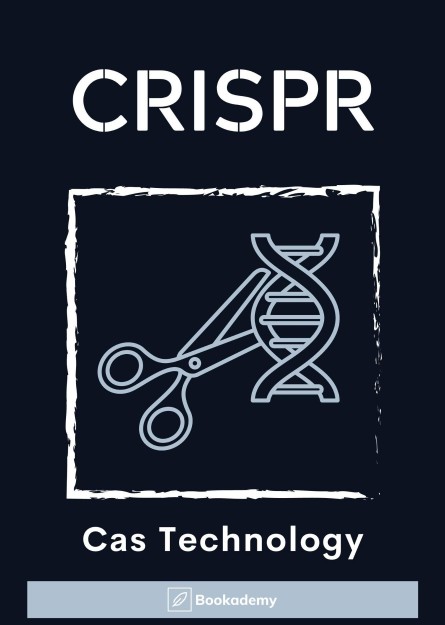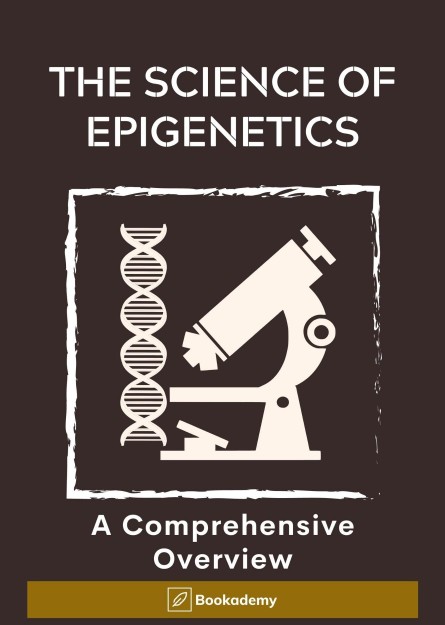CRISPR
Cas Technology
Language: English
CRISPR-Cas (CRISPR-associated) technology is a powerful tool for editing genes, the genetic material that determines an organism's characteristics. It allows scientists to make precise changes to the DNA of an organism, including plants, animals, and even humans.
CRISPR-Cas technology is based on a natural defense mechanism that bacteria use to protect themselves from viral infections. Scientists have harnessed this mechanism to create a tool that can be used to edit specific sections of DNA in a precise and efficient manner.
The CRISPR-Cas system consists of two main components: a small RNA molecule called a guide RNA, and an enzyme called Cas (CRISPR-associated) 9. The guide RNA molecule recognizes and binds to a specific sequence of DNA, and the Cas 9 enzyme cuts the DNA at that specific location. This allows scientists to delete, insert, or replace specific sections of DNA in a targeted way.
CRISPR-Cas technology has the potential to revolutionize many areas of research and medicine, including the development of new treatments for diseases and the improvement of agricultural crops. However, the use of CRISPR-Cas technology also raises ethical concerns, as it has the potential to be used to make permanent changes to the human germline, which could be passed down to future generations.
Overall, CRISPR-Cas technology is a powerful tool that is already changing the way we think about gene editing and has the potential to have a significant impact on society in the future.









